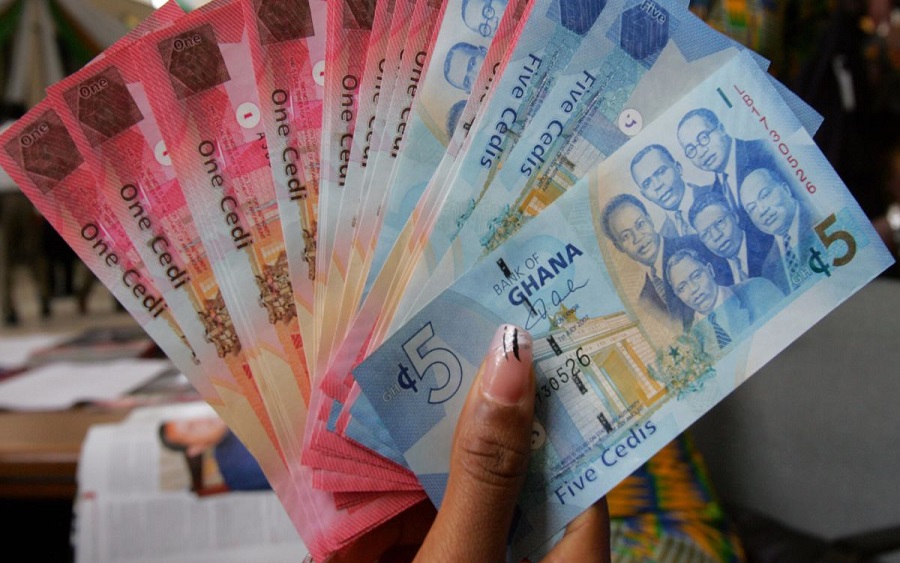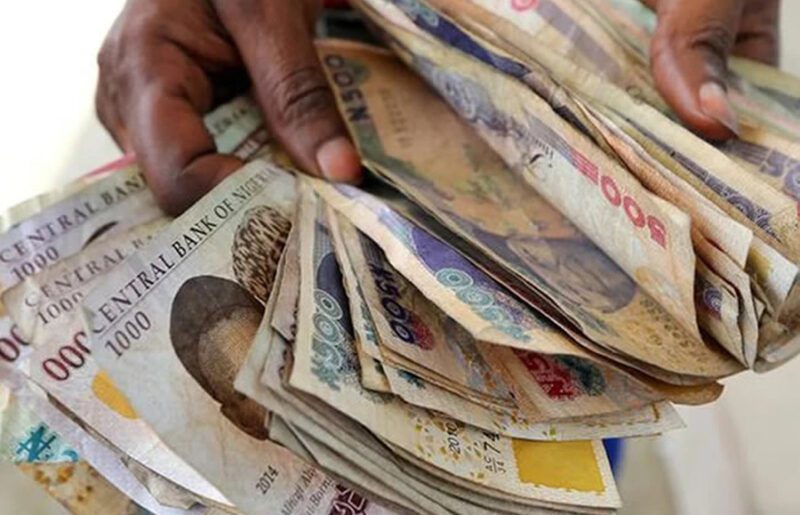Business
As Naira Weakens, Ghana’s Cedi Surges: Experts Weigh In Ahead of December Elections, by Ibrahim Kegbegbe

In July 2024, during my visit to Ghana’s bustling Accra Market with my friend, Hon. Adenaya Fatai (popularly known as Modawoni), we were immersed in the vibrant commerce and cultural richness of one of Ghana’s key trading hubs. Fatai purchased a shirt for 10 Cedis, and at the time, the exchange rate was 1 Cedi to 100 Naira—a balance that signified relative stability for both currencies.

Fast forward to November 27, 2024, and the exchange rate has shifted significantly. The Ghanaian Cedi now trades at 1 Cedi to 108.36 Naira, marking a sharp depreciation of the Naira in just a few months. This change has sparked debates over the economic trajectories of both nations, especially as Ghana approaches its general elections on December 7. The timing raises questions about the economic policies at play and their impact on the lives of citizens.
The Exchange Rate: What Does It Tell Us?
The Naira’s sharp depreciation against the Cedi highlights Nigeria’s broader economic struggles, such as high inflation, dependence on imports, and shrinking foreign exchange reserves. In contrast, the relative stability of the Cedi reflects Ghana’s success in maintaining tighter monetary policies and better forex management. But does a strong currency equate to a healthier economy?
Expert Insights on Currency and Policy
Martin Tsikumar, a senior economist based in Accra, attributes the Cedi’s stability to Ghana’s proactive monetary policies. “The Bank of Ghana has consistently raised interest rates and controlled inflation to shield the Cedi from external shocks. This has helped sustain the currency’s strength against regional counterparts like the Naira,” Tsikumar explained.
However, he was quick to caution against assuming that currency stability alone indicates broader economic health. “While the Cedi’s strength signals stability, it comes with challenges like less competitive exports and a higher cost of living for Ghanaians,” he added.
Ghana’s political context adds another layer to the conversation. As the country prepares for elections, the incumbent government is showcasing the exchange rate as evidence of sound economic management. Critics, however, argue that the benefits of a stronger Cedi have not trickled down to ordinary citizens who continue to grapple with inflation and unemployment.
Comparing Ghana and Nigeria
For Nigeria, the widening disparity between the Naira and the Cedi underscores deeper structural weaknesses. Mr. Awoeyo Olugbenga, a Nigerian financial analyst specializing in African economies, pointed to Nigeria’s dependence on oil exports as a key vulnerability. “Nigeria’s economy is heavily reliant on oil, making it susceptible to global price shocks. In contrast, Ghana’s diversified exports—such as cocoa and gold—provide a more stable foundation,” he noted.
Despite the exchange rate disparity, Olugbenga emphasized that Nigeria’s larger economy still holds potential. “With a GDP exceeding $500 billion compared to Ghana’s $85 billion, Nigeria has significant leverage. However, the challenge lies in translating this economic size into improved living standards, which requires diversification and structural reforms.”
Market Realities: Voices from Accra Market
During my visit to Accra Market in July, traders offered diverse perspectives on Ghana’s economic path. Some praised the stability of the Cedi, while others voiced concerns over rising costs and reduced purchasing power.
Mr. Djibo Issa, a seasoned trader, captured the sentiment succinctly: “The Cedi might be strong against the Naira, but rising prices make life harder. Stability means little if we can’t afford basic goods.”
These concerns remain pressing as the elections draw near. While Ghana’s monetary policies appear effective on paper, the real-world impact on citizens remains a central issue.
Beyond Currency Comparisons
The recent surge of the Cedi against the Naira offers valuable insights but is not a definitive measure of economic superiority. Ghana’s ability to stabilize its currency through sound monetary policies demonstrates resilience but also highlights persistent challenges like inflation and unemployment.
For Nigeria, the rapid depreciation of the Naira underscores the urgent need for economic reforms. Diversifying the economy and improving fiscal management are critical to addressing its structural weaknesses. While Nigeria’s larger GDP suggests potential, realizing this potential demands deliberate action.
As Ghana heads to the polls on December 7, the question remains: can its leadership sustain currency stability and translate it into meaningful economic improvements for its citizens? Meanwhile, Nigeria must focus on reforming its policies to stabilize the Naira and enhance living standards.
The narratives of these two nations illustrate that exchange rates, while important, are only part of a much larger economic puzzle. The interplay between policy decisions, political realities, and market forces will ultimately shape the livelihoods of millions.
Ibrahim Taofeek Kegbegbe
Head of Media and Publicity Secretary Bullion Records, Nigeria






















